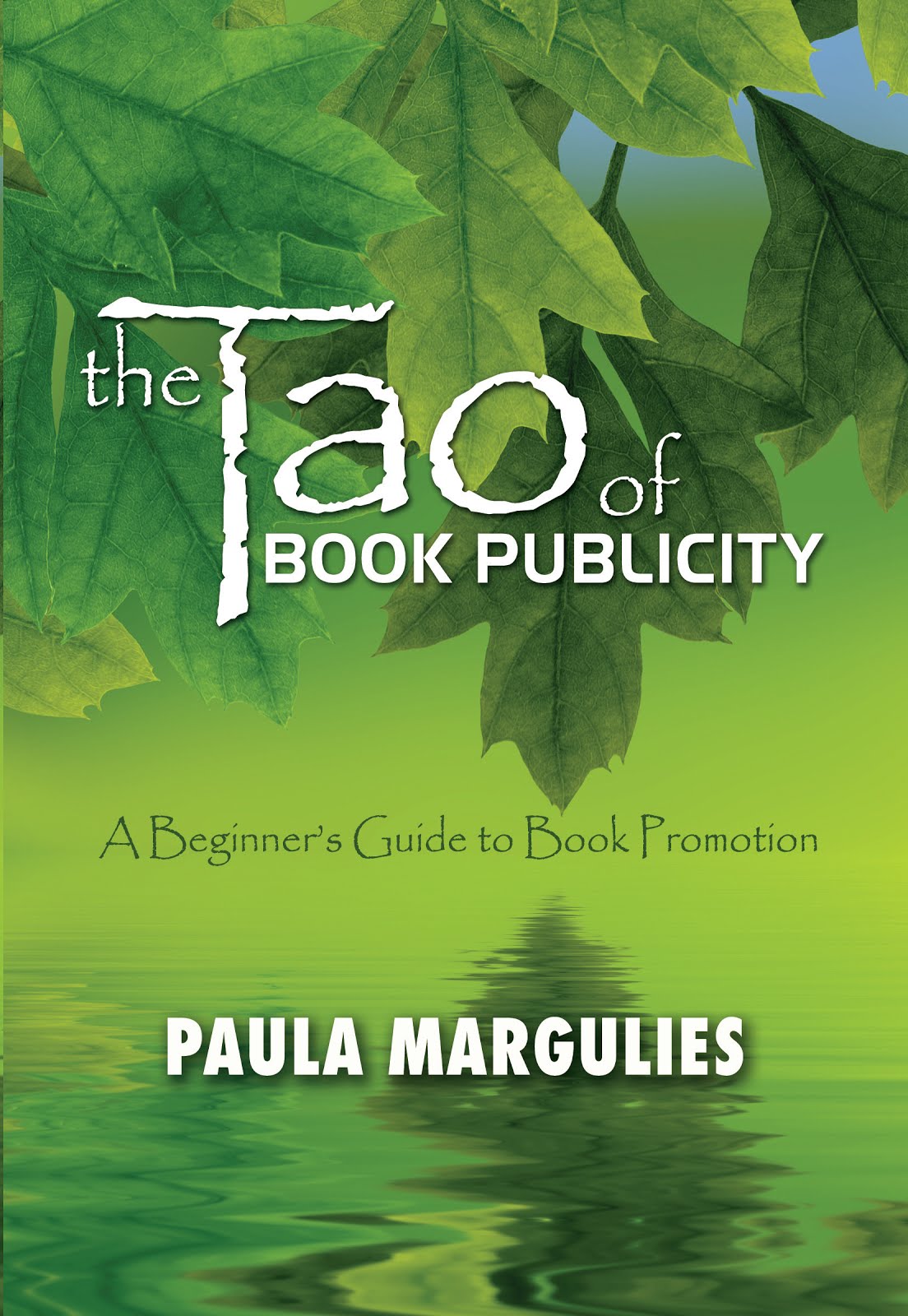Of all the books I’ve kept on the nightstand next to my bed, there are two that stand out as mainstays over the years. One is Walden, by Henry David Thoreau. I am perpetually fascinated by the simple truths – self-reliance, economy, and simplicity – described in those pages, and find myself going back to them often for inspiration and guidance.
The other book that has provided years of inspirational nighttime reading is the Stephen Mitchell translation of Lao Tzu’s Tao Te Ching. Written during the 6th century BC by the sage Laozi (or Lao Tzu, which means "Old Master"), a record-keeper in the Zhou Dynasty court, the 81 poems that make up the book comprise an instructional guide for everything from politics and governance to practical wisdom and tips for self-knowledge. The concepts have to do with developing humility, compassion, and moderation in how we govern ourselves and others, including learning to yield when the chips are down. Rather than pursuing desire, the Tao emphasizes being willing to step back, listen, and operate from a central place of quiet certainty. In the world of the Tao, those who are stubborn and rigid in their beliefs will suffer, while those who remain open and flexible prevail.
While perusing the Tao the other night, I was struck by how much of its simple wisdom applies to book publicity. Many authors find the marketing side of publishing crass and stressful, but there are aspects of promotion that can be explained and illuminated by some of the principles in the Tao. Here are a few that seem to apply:
12
The Master observes the world
but trusts his inner vision.
He allows things to come and go.
His heart is open as the sky.
Most of the authors I work with come to me for one of three reasons: they know what to do, but don’t have the time to promote their work themselves; they don’t know what to do and would like some help; or they’ve already tried to promote their books, but have not had much success. My first suggestion in all these cases is that these authors take a moment to observe what is happening with their genre and target market, and then sit quietly and consider what it is they want in the way of promotion. I ask them to decide what sales numbers they hope to achieve, what kinds of publicity they’d like (media interviews? book tours? speaking tours? reviews?), and finally, how much they’re willing to spend to make those goals a reality. Authors have to be comfortable with what we’re doing as a team and how much they’re spending on their publicity programs, and they also have to have some level of trust with what I’m recommending for them. The clients who end up having the most success are often those who listen to suggestions about how to proceed, are willing to embrace the process we agree to undertake, and open their hearts to new ideas and ways of doing things.
56
Those who know don't talk.
Those who talk don't know.
Those who contact me and want to tell me that they already know everything there is to know about book promotion and publicity are often, ironically, authors who have never published a book before, or who have tried it and have not had any success. But those who are willing to admit that they don’t know much about the process, and who listen to and trust their publicist’s expertise, are generally more successful than their all-knowing brethren. Why? Because the business of PR, strangely enough, comes from a place of not-knowing. We have no guarantees that a producer or editor will like our pitch, nor can we strong-arm him or her into accepting it. All we can do is use our established connections and relationships, our experience, and the knowledge at hand to make the best pitch we can.
Likewise, we can make educated guesses about the target readership for a book and where that readership exists, but there are no guarantees that after we reach them, the readers will buy. With publicity, the best we can do is put our work out there and trust that our publicity contacts and knowledge will open the path and allow the right exposure to happen.
Those who claim to already know it all are often surprised at this; they mistakenly believe that there is a magic formula (a certain number of radio appearances, a certain kind of media list) that will make their sales suddenly sky-rocket. That kind of magical result usually doesn’t occur; in most cases, it is the author who takes careful, steady, well-planned steps toward reaching his audience who will ultimately achieve a desirable level of awareness for himself and his books.
64
Rushing into action, you fail.
Trying to grasp things, you lose them.
Forcing a project to completion,
you ruin what was almost ripe.
I receive a lot of books from potential clients and so many of them are, sadly, not ready for public consumption. As the Tao suggests, rushing a piece of writing to market without the proper preparation, revision, editing, and packaging, can be a recipe for failure. Better for authors to allow adequate time for writing projects to develop and flourish, giving them the experienced, professional polishing and packaging they require before releasing them to the world.
68
Act without doing;
work without effort.
Think of the small as large
and the few as many.
Confront the difficult
while it is still easy;
accomplish the great task
by a series of small acts.
Making the long journey of book promotion a successful one by breaking it up into small steps is wise advice for authors when they begin work with a publicist. At first, starting out can seem overwhelming, but there is a system to promoting a person’s work. Initially, we plan our strategy – we define the audience we’re targeting, we create lists of places where those targeted readers can be found, we map out our next steps, including setting up book and blog tours, scheduling speaking appearances, contacting media, sending out books for review, etc. We develop media kits, including press releases, author and cover photos, Q&A’s, etc. We place the releases on the news wires, we work with our established contacts, we develop a schedule, and we move forward, knowing that this series of small steps will eventually help us to complete our journey and accomplish the great task of allowing the author’s work to become known.
__________
Paula Margulies is a book publicity and promotions expert in San Diego, California. You can reach her at paula@paulamargulies.com, or visit her at www.paulamargulies.com, on Twitter at @PaulaMargulies, or on Facebook at Paula Margulies Communications.
Wednesday, July 18, 2012
Subscribe to:
Posts (Atom)








